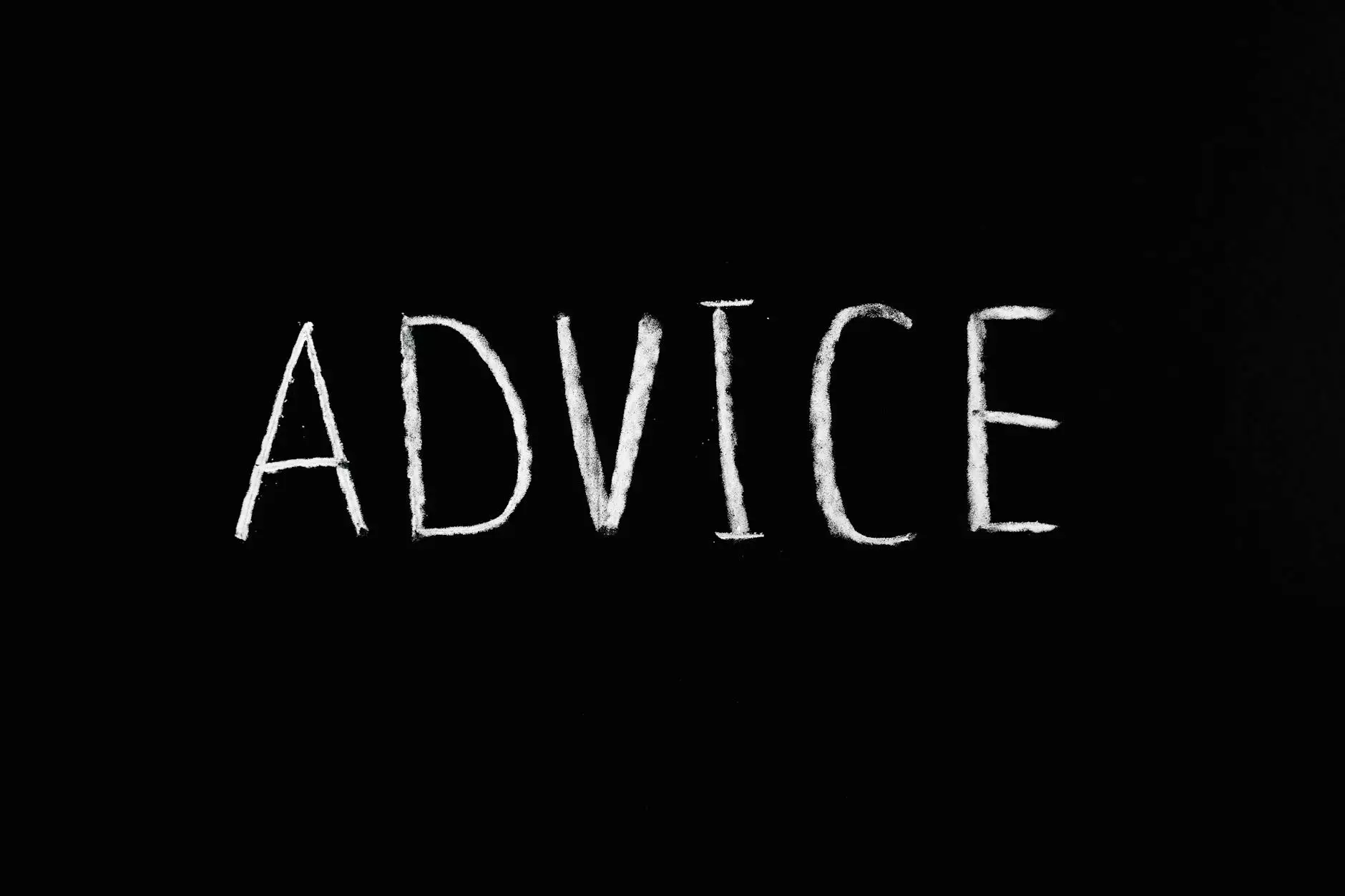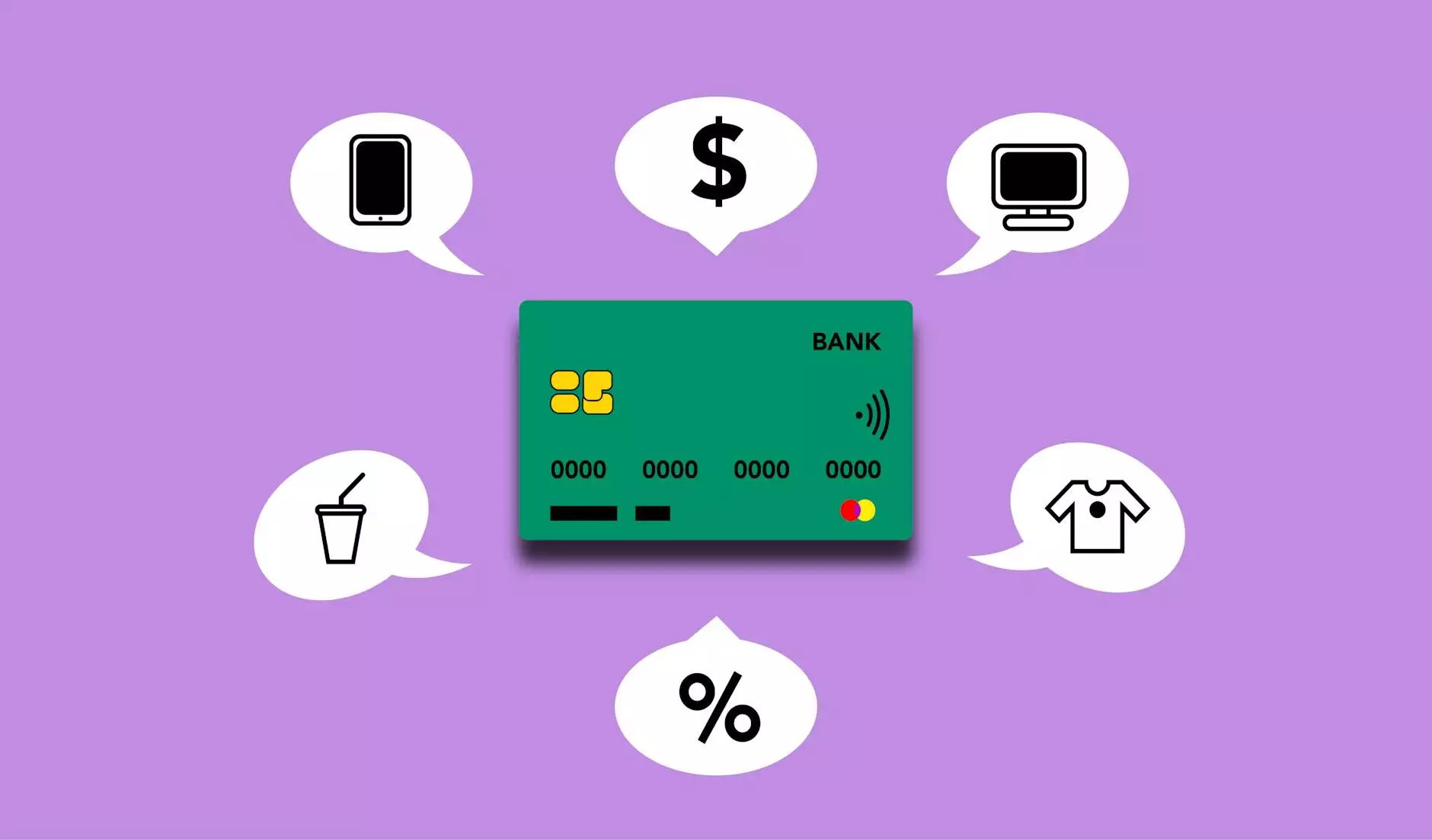How to Get Out of a Bad Co-signing Situation

Introduction
Welcome to Social Service of America's comprehensive guide on how to get out of a bad co-signing situation. We understand the challenges and financial implications that co-signing can bring. In this article, we will provide you with expert advice and actionable steps to help you navigate your way through this difficult situation.
Understanding Co-signing
Before we dive into the strategies for getting out of a bad co-signing situation, let's first understand what co-signing entails. Co-signing is when an individual agrees to be responsible for someone else's debt or financial obligations. This is often done to help a loved one or a friend who may not have a strong credit history or income.
While co-signing can be a generous gesture, it also comes with risks. If the primary borrower fails to make payments, the co-signer becomes legally obligated to fulfill those obligations. This can have serious implications on the co-signer's credit score and financial standing.
Assessing the Situation
When you find yourself in a bad co-signing situation, the first step is to assess the extent of the problem. Consider the following:
- Review the original loan or agreement
- Determine the outstanding balance
- Assess the delinquency status
- Evaluate your financial capabilities
Understanding the current status will help you formulate the best plan to resolve the situation. Make sure to gather all the necessary documents and information related to the co-signing agreement.
Communication and Negotiation
Open and honest communication is crucial when dealing with a bad co-signing situation. Approach the primary borrower and discuss the issue at hand. Be prepared to negotiate and explore potential solutions such as:
- Restructuring the loan
- Transferring the debt to the primary borrower's name
- Collaborating on a repayment plan
It's important to remember that finding a mutually beneficial solution is key to resolving the co-signing situation without further harm to your financial well-being.
Seek Professional Advice
If communication and negotiation fail, it may be necessary to seek professional advice. Reach out to a financial advisor or a credit counseling agency, like Social Service of America, who specialize in debt management and co-signing situations. They can provide expertise and guidance tailored to your specific circumstances.
Protecting Your Credit Score
During the process of resolving a bad co-signing situation, it's crucial to protect your credit score. Late payments and defaults can significantly impact your creditworthiness. Consider the following strategies:
- Monitor your credit report regularly
- Pay your other obligations on time
- Consider freezing your credit to prevent unauthorized activities
By staying proactive and disciplined, you can minimize the negative impact on your credit score.
Legal Solutions
In some cases, legal action may be necessary to resolve a bad co-signing situation. Consult with an attorney who specializes in debt and bankruptcy law to explore your legal options. They can guide you on how to protect your rights and potentially alleviate the burden of the co-signed debt.
Long-Term Lessons
Even after resolving a bad co-signing situation, it's essential to learn from the experience and avoid future pitfalls. Reflect on the following lessons:
- Assess the risks and implications before co-signing
- Set clear boundaries and expectations with the primary borrower
- Regularly monitor the status of the loan or financial obligation
Being cautious and informed can help protect your financial well-being in the future.
Conclusion
In conclusion, getting out of a bad co-signing situation can be challenging, but with the right strategies and guidance, you can navigate your way through it. Social Service of America is here to support you every step of the way. Remember to assess the situation, communicate effectively, seek professional advice, protect your credit score, explore legal solutions if necessary, and learn from the experience. By following these steps and taking proactive measures, you can protect yourself financially and regain control of your future.
For more information and personalized assistance, contact Social Service of America, your trusted partner in navigating complex financial situations.









